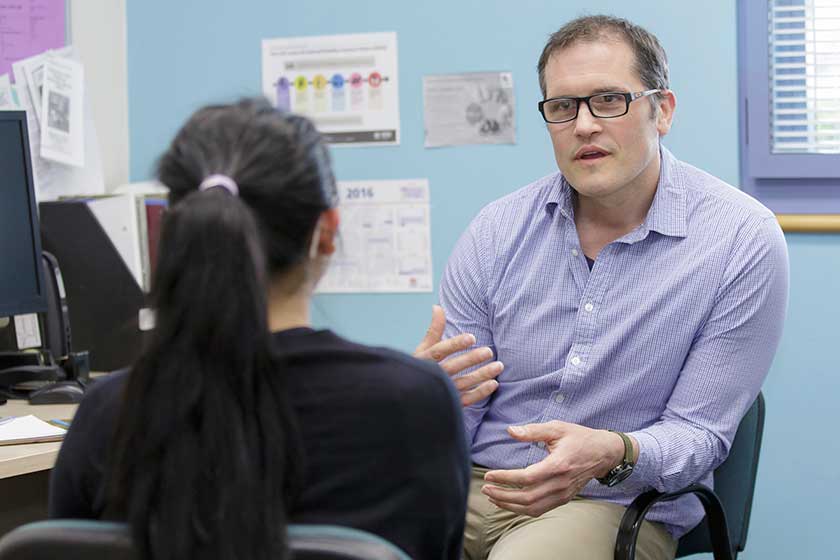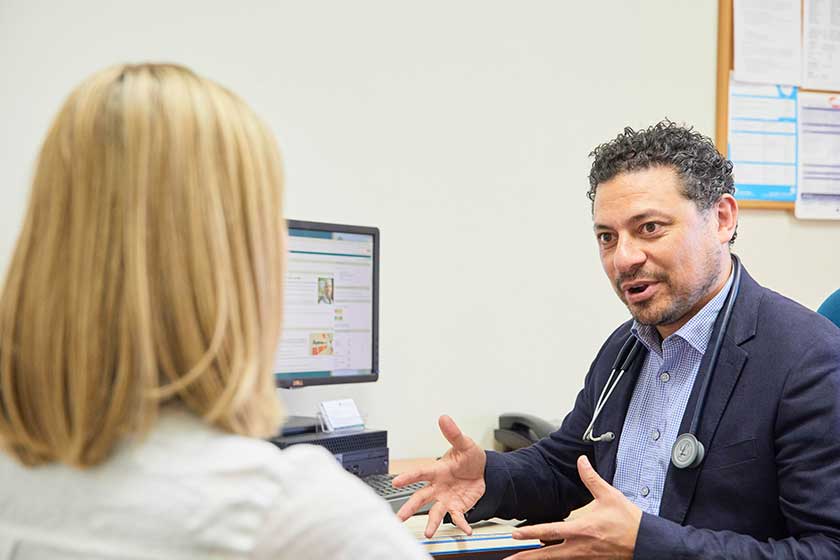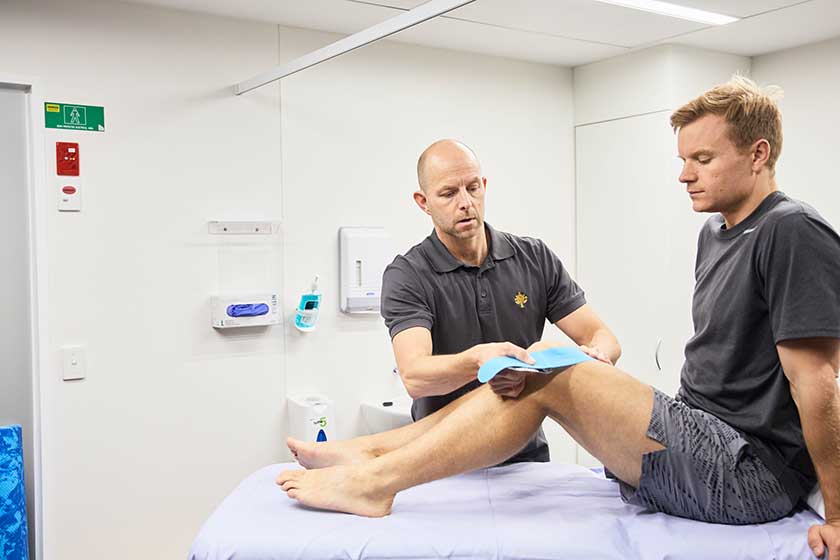Orthopaedic surgeons are specialist doctors who are highly skilled in diagnosing and treating issues relating to your bones, joints, ligaments, tendons and muscles.
You may be referred to see an orthopaedic surgeon after an accident or injury such as hurting your knee after playing netball or football, or to treat pain caused by wear and tear on your joints over time.
All orthopaedic surgeons are specialists
All orthopaedic surgeons in Australia have completed specialist training on top of their initial medical training to perform orthopaedic surgery.
Some orthopaedic surgeons are considered generalists. This means that they look after conditions affecting any joint or bone.
Other orthopaedic surgeons have subspecialty training and are focused on certain parts of the body. For example, many orthopaedic surgeons will provide specialised care for the hips and knees, ankles and feet, shoulders, hands and upper limbs, or spines.
An orthopaedic surgeon may also have subspecialty training in sports injuries, trauma, paediatric conditions, or cancers affecting bones.
When you are choosing your orthopaedic surgeon, it is important to consider your needs and to find a surgeon who is trained and experienced in treating your condition.
Asking for recommendations to find your orthopaedic surgeon
You may want to seek advice from a range of sources to find an orthopaedic surgeon who you trust with your healthcare. Some of the most common sources of recommendations are:
Your general practitioner (GP)
Your GP is able to provide you with a referral to an orthopaedic surgeon. They may have a surgeon in mind who they know has good success with treating conditions similar to your own. As your GP is someone who you may already know and trust with your healthcare this recommendation may be a good place to start. Your GP can also give you an open referral for orthopaedic assessment which you can take to an orthopaedic surgeon of your choice.
Family and friends
If your family or friends have had orthopaedic surgery and good outcomes, they may recommend their specialist to you.
Find a specialist
You can find an orthopaedic surgeon who works at a St John of God Health Care hospital who meets your needs through our find a specialist search. You can filter doctors by hospital, speciality, gender and if they speak a language other than English.
Check if they are a preferred provider with your private health insurer
Many orthopaedic surgeons will be listed as a preferred provider with private health insurers. This means that if your orthopaedic surgeon is a preferred provider with your health insurer, you may be able to access discounted fees or access a higher rebate from your cover.
This means you may save substantially by simply choosing an orthopaedic surgeon who is a preferred provider with your insurer.
You can access a list of preferred providers from your health insurer.
Experience
When you are searching for an orthopaedic surgeon, it is important to consider their experience.
This doesn’t just mean how long they have been a surgeon, but also their training, their experience in a range of healthcare settings, subspecialty training and if they take part in research.
Looking at a specialist’s biography for these details can help you find an orthopaedic surgeon who is experienced in treating your specific condition.
New technology and research
Some orthopaedic surgeons are choosing to use new robotic technology to assist with precision surgery. Not all orthopaedic surgeons and not all hospitals offer robotic-assisted surgery so make sure you ask if this is something you are interested in.
Many orthopaedic surgeons take part in research to help better understand how to improve patient surgery outcomes. By choosing an orthopaedic surgeon who is actively involved in research means you may have access to the latest technology and techniques.
Any surgical procedure carries risks. Make sure you discuss all possible risks with an appropriately qualified health practitioner.










